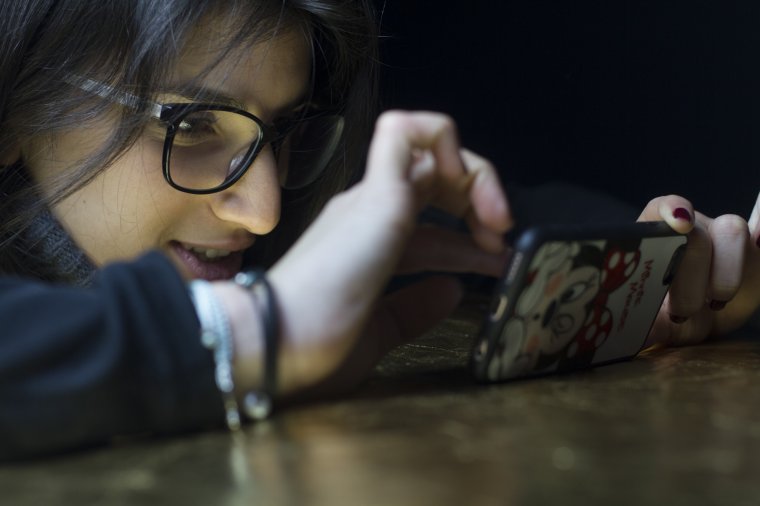
The discussion about if it makes sense taking photography as a future profession, it’s a very popular topic nowadays. Added to the technological advances a countless number of new platforms for the virtual photos diffusion have made possible the access to a photographic camera and many of these photos diffusion media, for most of the people. As a consequence, many not so prepared, photographers take this profession as an adventure creating voracious competition for getting clients with low prices.
But, is the photography about to disappear as a true profession? Constantly this is a question we get in our presentations and conferences. And as for us, the answer is always no, on the contrary, in the future, there will be missing a photographer capable of showing us something that the actual society is lacking: Visual Culture.
Education, we believe, is the answer to this big question of where is the photography going. Many of the well-known photographers are no longer living off the results of the books they have produced or the sales of their photos, but of workshops that seem to be the latest trend in a photographic survival context.

So this is, or it looks like, the first step for this educative search. Nevertheless, and in a contraposed position for this tendency, we believe that this teaching is necessary to further to the technique of image producing, for the understanding of the million of images that surround us and their social implication. So, this is the true answer.
The photography process has always been similar, in many aspects, to the writing process, including the way they evolve. It is natural to be taught to read and write, in some part of our elementary education. So, for the photography goes the same, we are part of a society that uses more images than words for communicating, and there must be someone to teach us how to read and produce these images, in a correct form.
At this point, the role of the photographers begins to be fundamental in the nowadays society. Since we are the ones who not just understand the images but we know how to produce them, it is our responsibility to share this knowledge on a social level.

So is the need of it, that it can be appreciated how in some schools in the north of Europe visual narrative has become an obligatory signature.
As a replica of this process, a few months ago, we put ourselves in the task of starting a project called Agora Fotográfica (@agorafoto) in which we look forward to teaching about mobile photography but also about any other topic engaged to image reading, the alternatives that make photography a powerful communication tool and the reason for the massive production.

Clearly, after 20 years of the appearance of the mobile phone photographic camera, its development has been vertiginous. Furthermore, in 2015, the number of the mobile phone overcame the number of people in the world, which allows us to visualize the educational possibilities brought by these tools; that now is within the reach of all.
Although our work with some Institutions in Barcelona is still a pilot process, the resulting project has given us some significant ideas of this process importance.
Issues such as Instagram metadata based on the social investigation, the different cities narrative that mobile supports can get and the impact of the telephony in social dynamics are some of the many topics this kind of space can develop in.
Sometimes, as photographers are common to criticize the lack of collectivization of the guild and the unfavorable competition generated by it. However, how much do we contribute to society from our profession? This is not a common question among the crowd.
The social construction, at any field, is based on the education, and clearly, if we are expecting for changes it is our own input from where we should start, so, here from Foto Ensayo, we will be expecting for the education proposals that, as photographers, any of you readers can input. While on we will continue #fotoensayando
Comments (0)
There are no comments yet.